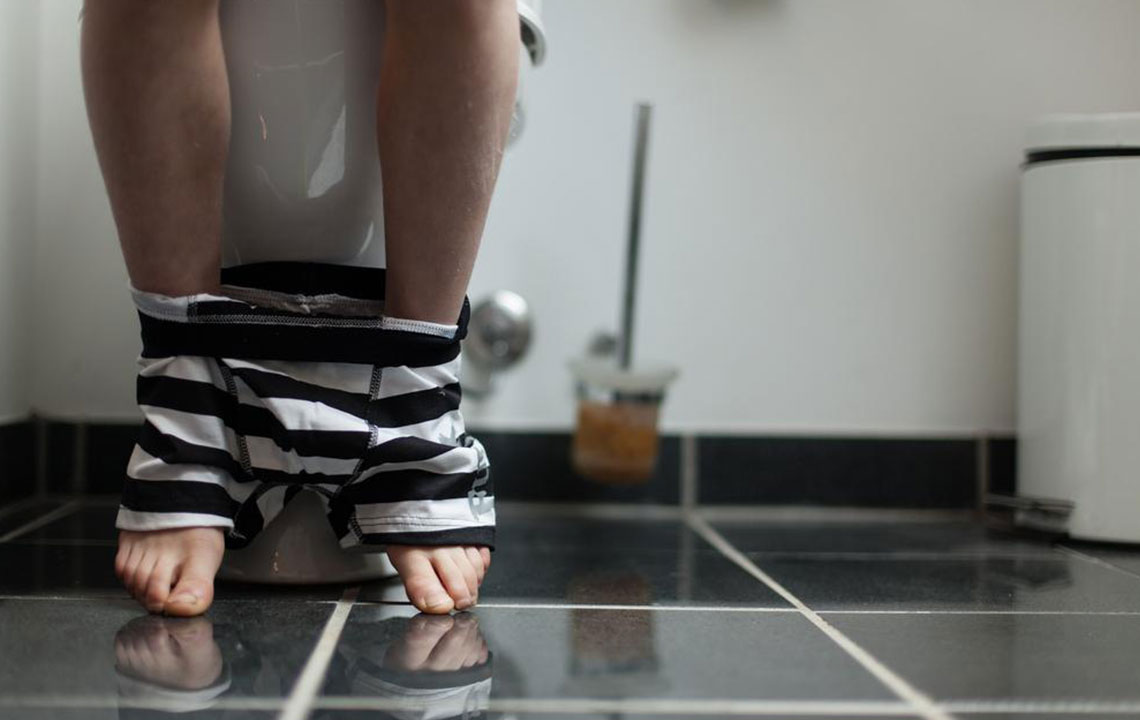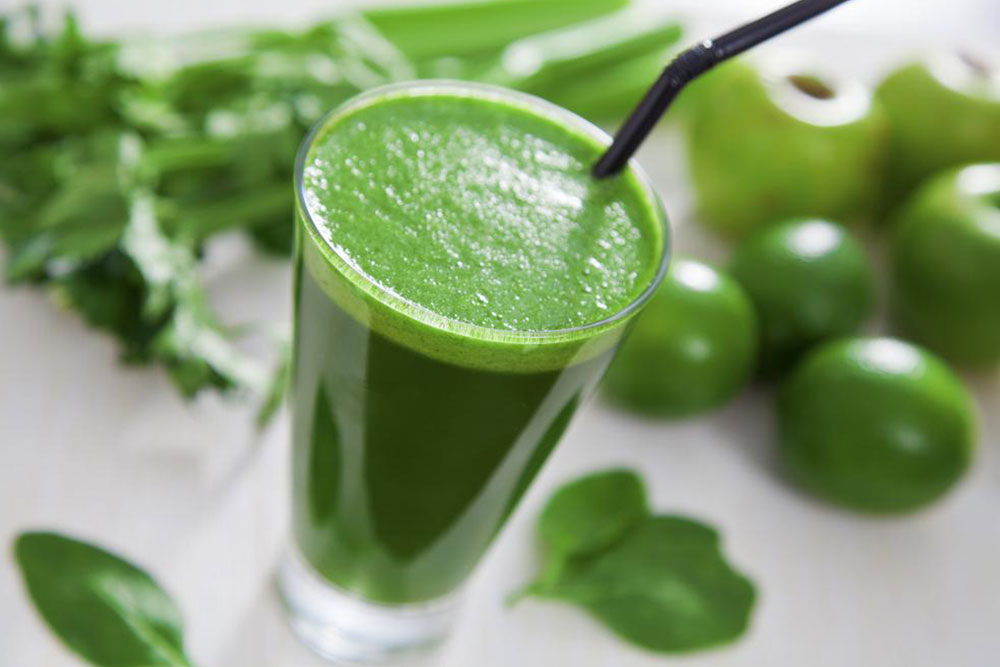Effective Strategies for Managing Persistent Constipation
This article offers practical strategies and home remedies to manage chronic constipation effectively. It discusses causes, dietary adjustments, stress reduction techniques, and natural remedies like olive oil, lemon water, and flaxseed oil. Incorporating lifestyle changes such as regular exercise and proper hydration can significantly improve bowel health. Always consult a healthcare professional if symptoms persist. Empower yourself with knowledge to tackle constipation naturally and improve overall digestive health.

Strategies to Alleviate Chronic Constipation
Constipation is a common issue, affecting a broad range of individuals from 2% to 30% worldwide, with rates rising to 75% among seniors. In the USA, over $250 million annually is spent on constipation treatments. Fortunately, relief is often achievable through simple lifestyle and dietary adjustments. Understanding constipation and its remedies can significantly improve quality of life.
What Is Constipation?
Your digestive system ends with the colon, where stool forms before excretion. When stool becomes hard and difficult to pass, or bowel movements become infrequent, it’s called constipation. The stool is typically dry and compact.
Normal bowel frequency varies from three times daily to three times weekly. Infants typically have three to four bowel movements per day, while young children often have two to three. A marked reduction can cause discomfort, bloating, and other health concerns. Symptoms worsen if accompanied by weight loss, anemia, or blood in stool. It's important to note that missing a single bowel movement daily is not necessarily chronic constipation—about half of the global population experiences this occasionally.
Chronic constipation leads to symptoms like bloating, fatigue, and decreased productivity. It can affect mental well-being and physical health if persistent. Recognizing the causes is essential for effective management.
Causes of Long-term Constipation
The digestion process involves water and nutrient absorption in the intestines, leading to stool formation. Factors such as poor diet, lack of fiber and water, physical inactivity, medication side effects, certain health conditions, and psychological issues can all contribute to chronic constipation.
Effective Remedies for Relief
Address IBS and FODMAP Sensitivities: Irritable bowel syndrome (IBS) affects about 11% of the population. FODMAPs are fermentable carbohydrates that can trigger digestive issues. Following a low-FODMAP diet may alleviate symptoms, although IBS has no cure.
Optimize Fiber Intake: Balance soluble and insoluble fibers. Soluble fibers soften stools, easing passage; insoluble fibers can worsen constipation if consumed excessively. A balanced diet is essential.
Stay Hydrated: Drinking plenty of water prevents dry, hard stools. Adequate hydration is a simple but effective method to promote regular bowel movements.
Reduce Stress with Mindfulness: The gut-brain connection plays a role in digestion. Stress can exacerbate constipation. Practices like meditation and yoga can help lower stress levels and improve bowel health.
Engage in Regular Physical Activity: Exercise stimulates bowel movements. Incorporating daily movement, walking, or workouts can help prevent and reduce constipation.
Abdominal Massage: Gentle massaging of the abdomen can promote movement of stool through the intestines. Consult a specialist for proper techniques.
Proper Seating Posture: When feeling the urge, elevate your feet and sit upright. This position helps apply pressure for easier defecation.
Home Remedies to Ease Constipation
Natural remedies can provide relief without medication. Some effective options include:
Olive Oil: Stimulates digestion. Mix a teaspoon with lemon juice and consume on an empty stomach in the morning.
Lemon Water: Squeezing fresh lemon into warm water and drinking it daily helps boost digestion and detoxification.
Blackstrap Molasses: Rich in minerals, take a tablespoon in warm water or tea to reduce constipation.
Coffee: Moderate coffee intake can stimulate bowel movements due to caffeine, but excessive consumption is discouraged.
Active Lifestyle: Avoid prolonged sitting; incorporate walking or light exercise to keep the bowels active.
Flaxseed Oil: A tablespoon mixed with orange juice can promote digestion and ease stool passage.
If symptoms persist, consult a healthcare professional for tailored medical advice.









